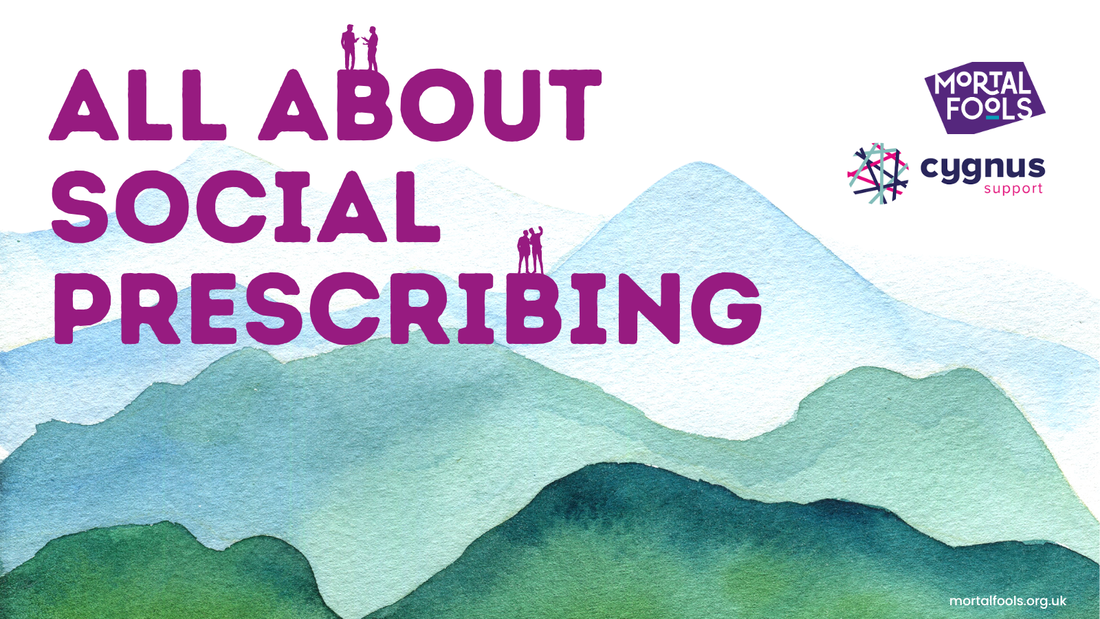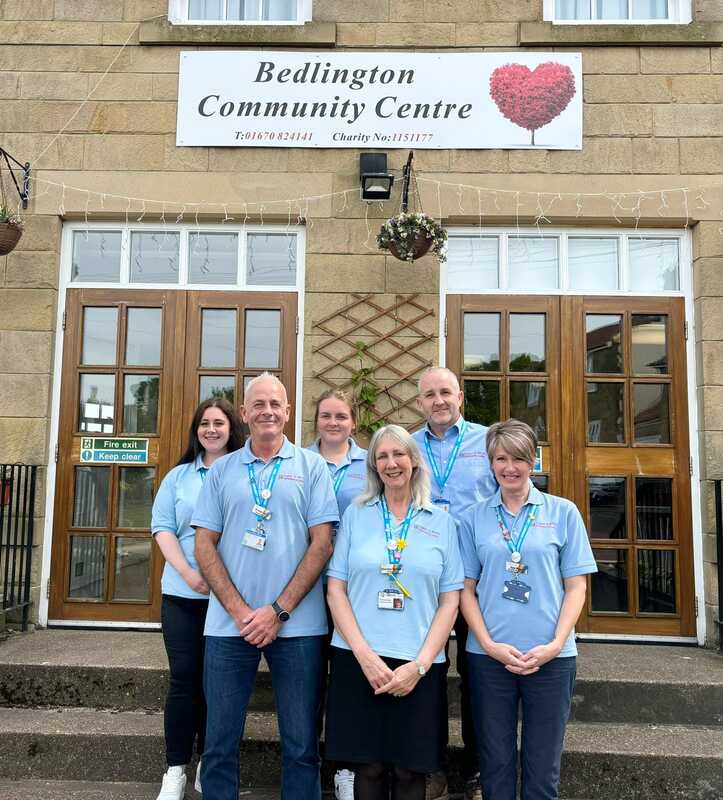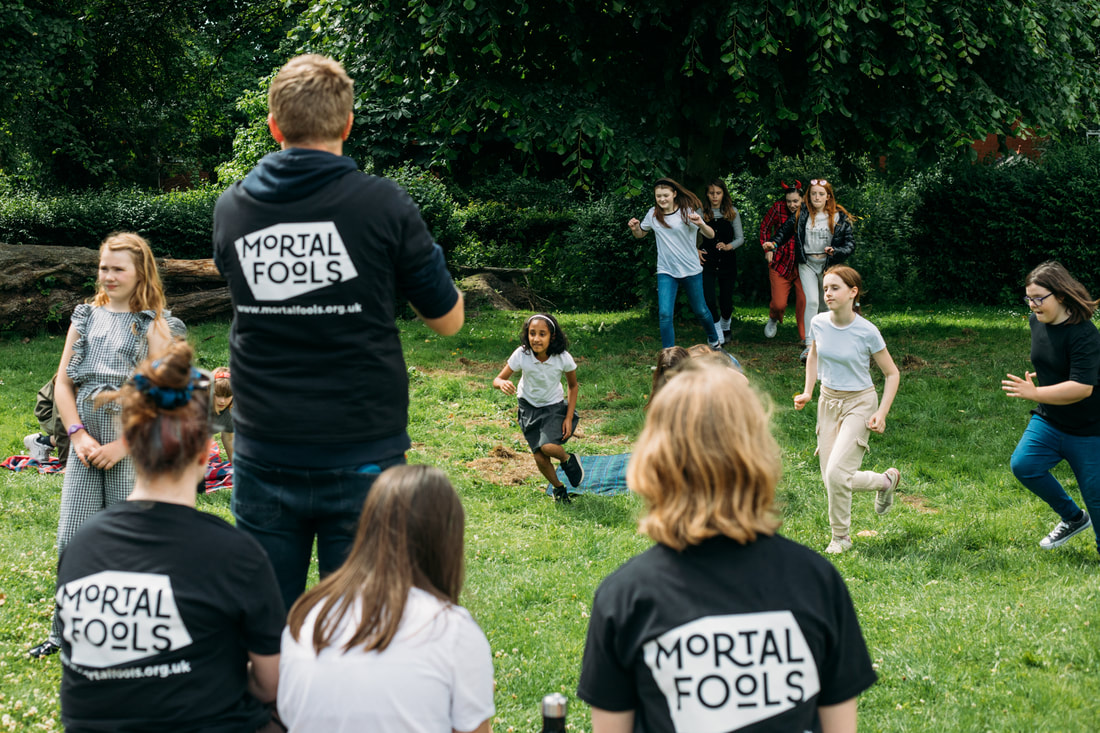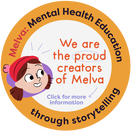|
With the ever-growing mental health crisis and with statutory services in such high demand, it is falling to schools, community organisations, workers and charities like Mortal Fools to support children with their mental health, in place of trained mental health practitioners. Social prescribing is stepping into that space, and it can offer real hope to those in need and on waiting lists. Barnardo’s released a study last year which found that 66% of young people who accessed their social prescribing service in Cumbria made a statistically significant improvement in their health and wellbeing and 93% of their practitioners believed that expansion of social prescribing services for children and young people would have some or a big positive impact on their health and wellbeing. You may be wondering what social prescribing is? Well..... It’s a relatively new approach to health and wellbeing that helps people to access practical support, take part in activities they enjoy and feel part of their community. It can help in all sorts of situations and can be particularly beneficial for people who are isolated, are struggling with their mental health, or have a long-term condition. To learn more, we chatted to our friends from Cygnus Support, a charity that helps people in Northumberland to improve their mental health and wellbeing through counselling, education and social prescribing. They are celebrating their 40th anniversary this year and last year they expanded their services to include social prescribing for young people from the age of 11. How would a young person access your services? Jane: There are different routes- they can come via a healthcare professional like a GP or nurse, or if they fill in an e-consult with their GP and our service is appropriate, they may be referred to us. Referrals can also be made by family members and people who work with a young person such as a teacher or youth worker on the Cygnus Support website and through Frontline. The young person can refer themselves directly online. Their parents will not be advised on what's happening at all, it's private for the young person and they can refer without the parent's knowledge because sometimes it’s the parent that is the problem. We usually get in touch with them within the week, and we can communicate by whatever their preferred method. What’s the range of activities you’d refer someone to or get someone involved with? Jane: If we see a need for something we can find or create it, recently we’ve worked with a handful of young people who have had some great ideas and said what’s good about services and gave some insight into what they felt was missing and we’re already looking at how we provide a small bespoke group that fits what they need. It’s listening to the young people and what they want and that’s the beauty of social prescribing because we have time to give the young person where the GP appointments are usually 10 minutes and it’s very time-limited. Some other services will only offer a certain number of sessions with a young person but with us, it's completely open-ended. If we need to work with a young person for a long length of time we will do and if it’s just a brief intervention that’s fine. We’re there when they need us. We’re looking at improving fitness through walking and getting involved with multisport. We’re looking at green social prescribing, getting people outside. We’ve got access to a community garden with chickens and vegetable planting. We’ve talked about taking them to the beach, and we’ve done a trip to Kirkley Zoo. We can organise cookery courses, craft activities, nail art, diamond art, and creative writing. Everyone says they would like to get outside more. As a charity, we can be unique and fit the needs of the patients and be responsive. What advice would you give a young person now? Justine: What is bothering them now won’t last forever. At the time what they’re worrying about is the most important thing to them but sometimes in 5 or 6 months whatever is bothering them now won't even be bothering them. Graham: Often a person comes in with one massive issue, and you start talking to them and that one issue turns into 4 or 5 smaller issues. We look at what we can change today, tomorrow, and within the week and give things a pecking order, it makes a difference that way. What impact have you seen from social prescribing? Jane: We recently got a group together and within about 2 weeks they formed the strongest friendship you’ll ever see, and they speak to each other all the time. So, they’ve now got that support network and they don’t need us because they’ve got each other. The GP couldn’t have done that. How has it been going from working with adults to working with younger people? Jane: I think we were working with them anyway because we were supporting parents, grandparents, and family members. The support we were giving then was automatically filtering down to support the young person in the family because it was looking at financial problems, and problems in families. So hopefully our positive impact on that family member cascaded down to the whole family. Have you seen more demand for young people’s social prescribing in recent years? Jane: Initially, we saw many teenagers coming to us, all with mental health problems. Because we started just after the COVID pandemic the negative legacy of COVID was starting to present itself in young people because their education was affected, their socialising was affected, so now we have a lot of young teenagers who are very socially anxious, we see people who may not have followed the career path that they set out to do so that’s obviously impacting on their mental health and their physical health, so we saw that there was definitely a need to help young people. Carly: There are so many troubled young people. Anxiety is massive, even when they come home, they’re sat in their bedroom, and don’t go anywhere but don’t seem to want to go anywhere because they're too anxious to go meet new people. Justine: That’s part of the problem is that they’re quite socially isolated the younger generation, we’re quite a socially isolated country. Christine: We do get a lot of bereaved people of all ages because the waiting lists for counselling are quite significant, so we can do wellbeing check-ins whilst they're on the waiting list and we do support a peer support group and that’s been quite successful. Thank you Cygnus Support for taking the time to speak to us!
Click here to find out more and refer yourself or a young person to Cygnus Support Services. Cygnus Support works with patients of Seaton Park, Bedlingtonshire, Gables or Guidepost GP Surgeries. However, if you aren’t registered with these GPs you can talk to your doctor about social prescribing services near you. Click here to check out the Healthier Together website and phone app which provides up-to-date and local medical guidance, created by NHS clinicians for families, parents, and young people, as well as professionals. The Health for Young People section has been created in consultation with young people to best fit their needs and empower them to look after their health and seek support when needed.
0 Comments
Leave a Reply. |
Archives
June 2024
Categories
All
|
MELVA |
CONNECT WITH US |
CONTACT US0191 580 1250
[email protected] |
MAILING LIST |
|
HEAD OFFICE
YMCA Northumberland North View Ashington Northumberland NE63 9XQ |
|
PRUDHOE OFFICE
Spetchells Centre Front Street Prudhoe Northumberland NE42 5AA |
Mortal Fools is a company limited by guarantee and a registered charity. Company number: 8102487. Charity number: 1153400.
View our Privacy Policy here. View our Safeguarding Policy here.
View our Privacy Policy here. View our Safeguarding Policy here.




 RSS Feed
RSS Feed







